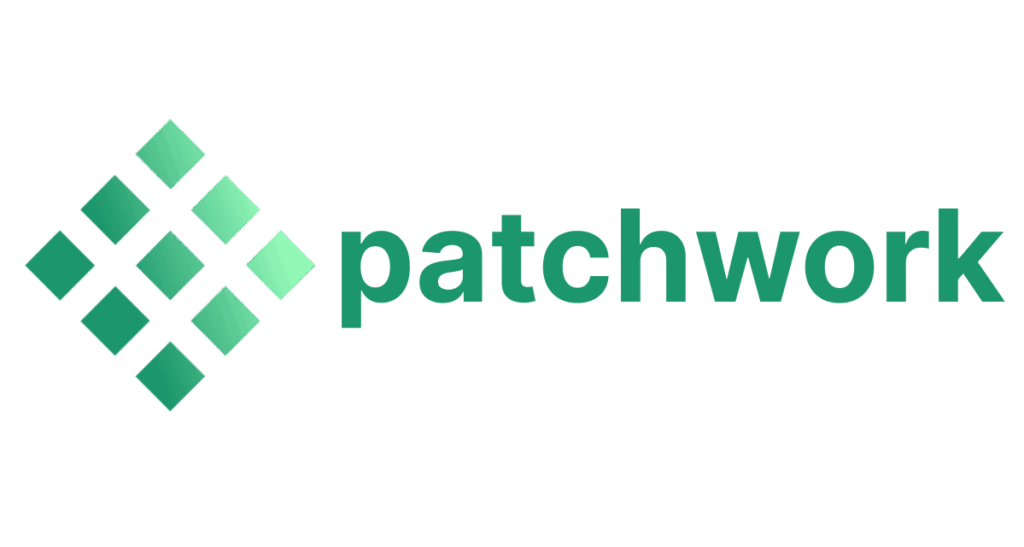patchwork
Basic Information
Patchwork is a self-hosted CLI agent designed to automate common software development chores by orchestrating LLM-assisted workflows called patchflows. It provides a modular system of reusable Steps (atomic actions), Prompt Templates (LLM prompts with placeholders) and Patchflows (compositions of steps and prompts) to perform tasks such as PR review, vulnerability remediation, dependency upgrades, docstring and README generation, and issue resolution. The CLI runs patchflows locally, inside IDEs, or as part of CI/CD. It supports multiple LLM backends including OpenAI-compatible endpoints and local model servers, and offers optional dependency groups for security scanning, retrieval-augmented generation, and notifications. The project also supplies a template repository for default configuration and prompts and invites contributors to add new steps and patchflows.








